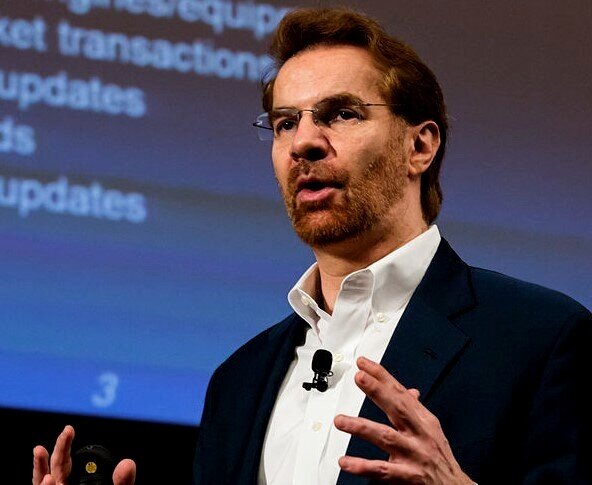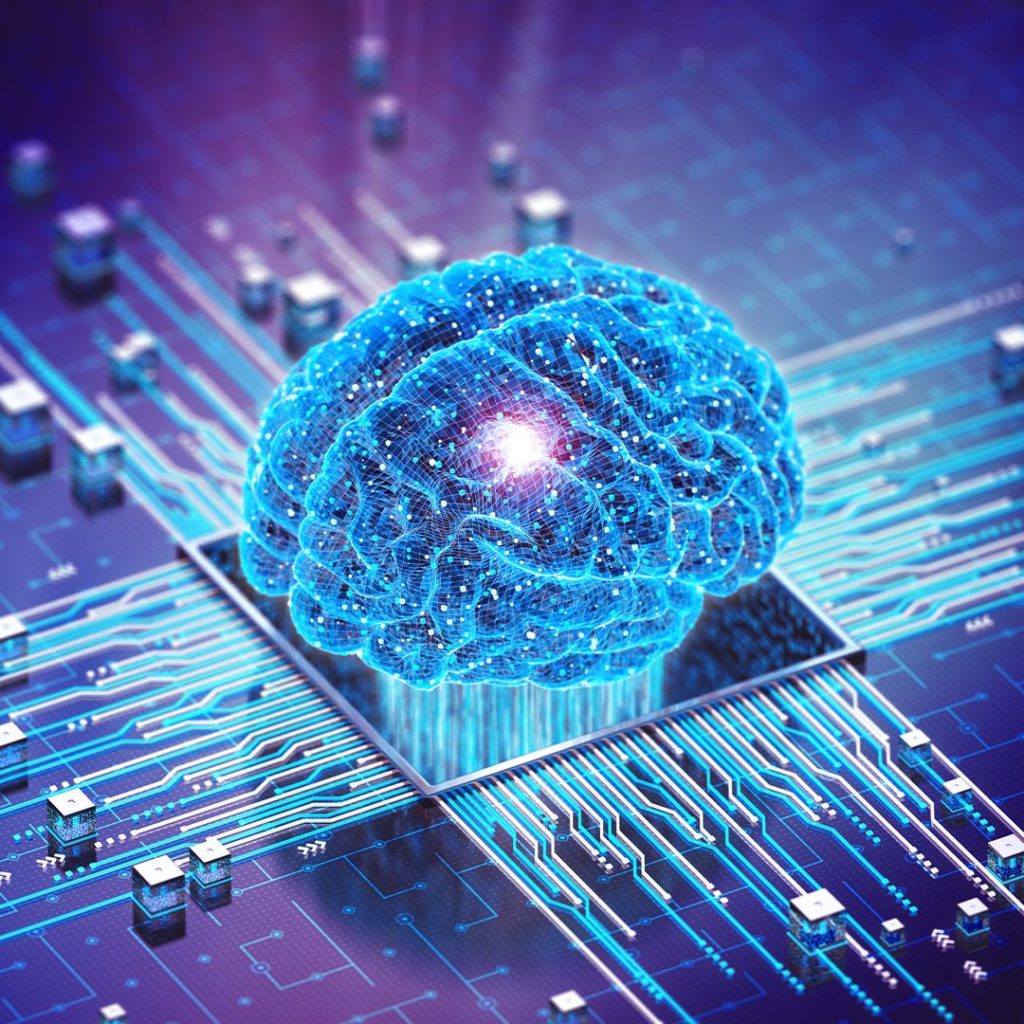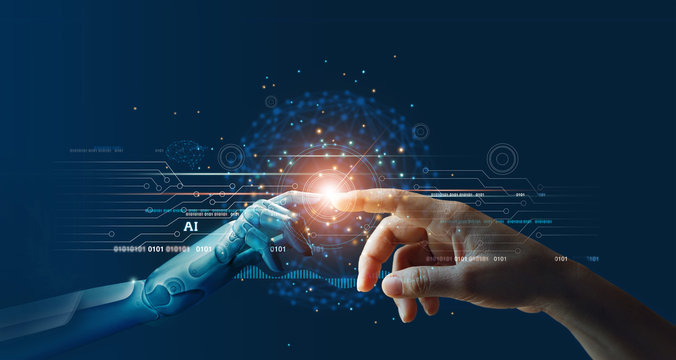Surveys show workers in different countries (and different education levels) view AI differently. A 2025 Indeed Hiring Lab study found U.S. and Japanese workers started with similar expectations about AI and jobs – in general. But U.S. workers with higher education grew more negative over time about future labor demand – which means they are more pessimistic about the effects. Interestingly, they expect more disruption, but showed little interest in learning AI at work. This might be reflected in the thought that those laborers believe that they won’t be replaced.

However, AI is going to affect their jobs, even if it is not to replace them. Economist Erik Brynjolfsson of Stanford has argued that “AI is not a substitute for human labor, it is a complement.” This gap between fear and willingness to learn is where job seekers can stand out, and is the opportunity. Showing you can apply AI for a company’s benefit makes you more valuable in the job market, and will give you an edge over those who refuse to adjust.
Skill transformation is the main shift. Indeed found that 46% of job skills are in line for “hybrid transformation.” This means AI takes over repetitive tasks, but humans are still needed for judgment, empathy, and creativity. Employers will assume workers can do more in the same amount of time. Less data entry or scheduling, and more decision-making, strategy, and client interaction. A McKinsey Global Institute report noted that AI will push workers toward tasks requiring “social and emotional skills, creativity, and higher-level cognitive capabilities.”
Healthcare shows how this plays out. Doctors and nurses are not replaced, but their routine work is sped up. AI can summarize patient notes or flag issues, but diagnosis and care decisions stay human. In finance, AI drafts reports, but human staff still manage client trust and compliance. Across industries, AI is shifting tasks, not wiping out jobs. The change is about how humans and machines split the workload.

Job seekers should treat this as an opportunity. Focus on the skills AI cannot do—strategic thinking, communication, and leadership. Learn to use AI tools even if you are not in tech. For example, practice with tools like ChatGPT or Microsoft Copilot to draft outlines, summarize documents, or check data. Stay current on how your industry is using AI. Read company blogs, analyst reports, or government studies to see adoption trends.Read company blogs, analyst reports, or government studies to see adoption trends. Showing you understand both the limits and uses of AI in your field will set you apart in interviews.
AI will not affect all jobs the same way. The Indeed study estimates 26% of jobs could be highly transformed by AI, while 54% will be moderately transformed. Jobs with routine, digital tasks face more change, which partly explains the drop in entry-level roles. Jobs with physical or interpersonal demands are less affected. For example, software roles face higher exposure than nursing or construction. Still, every sector has tasks that AI can speed up, even if it does not replace the human role.
